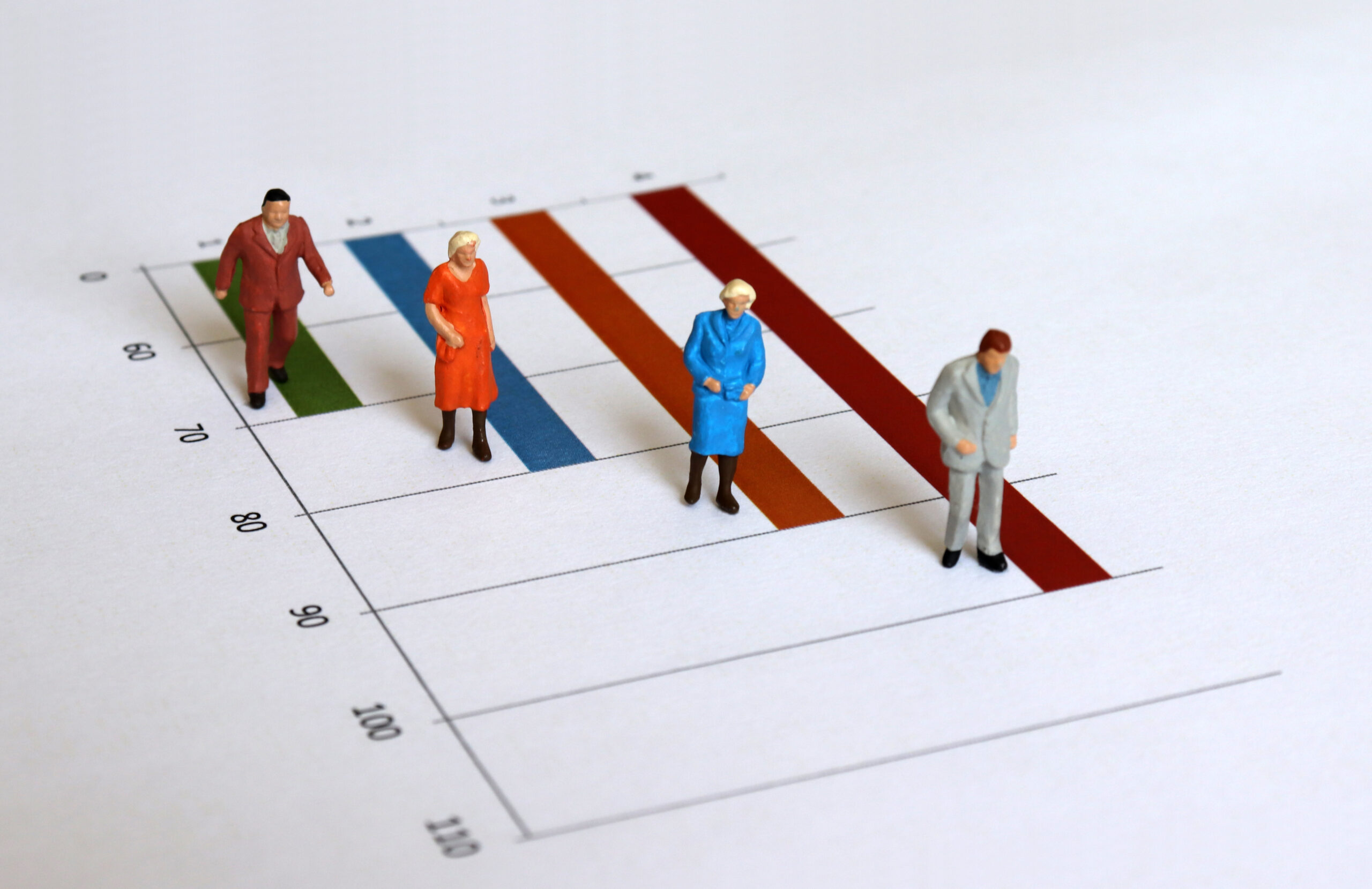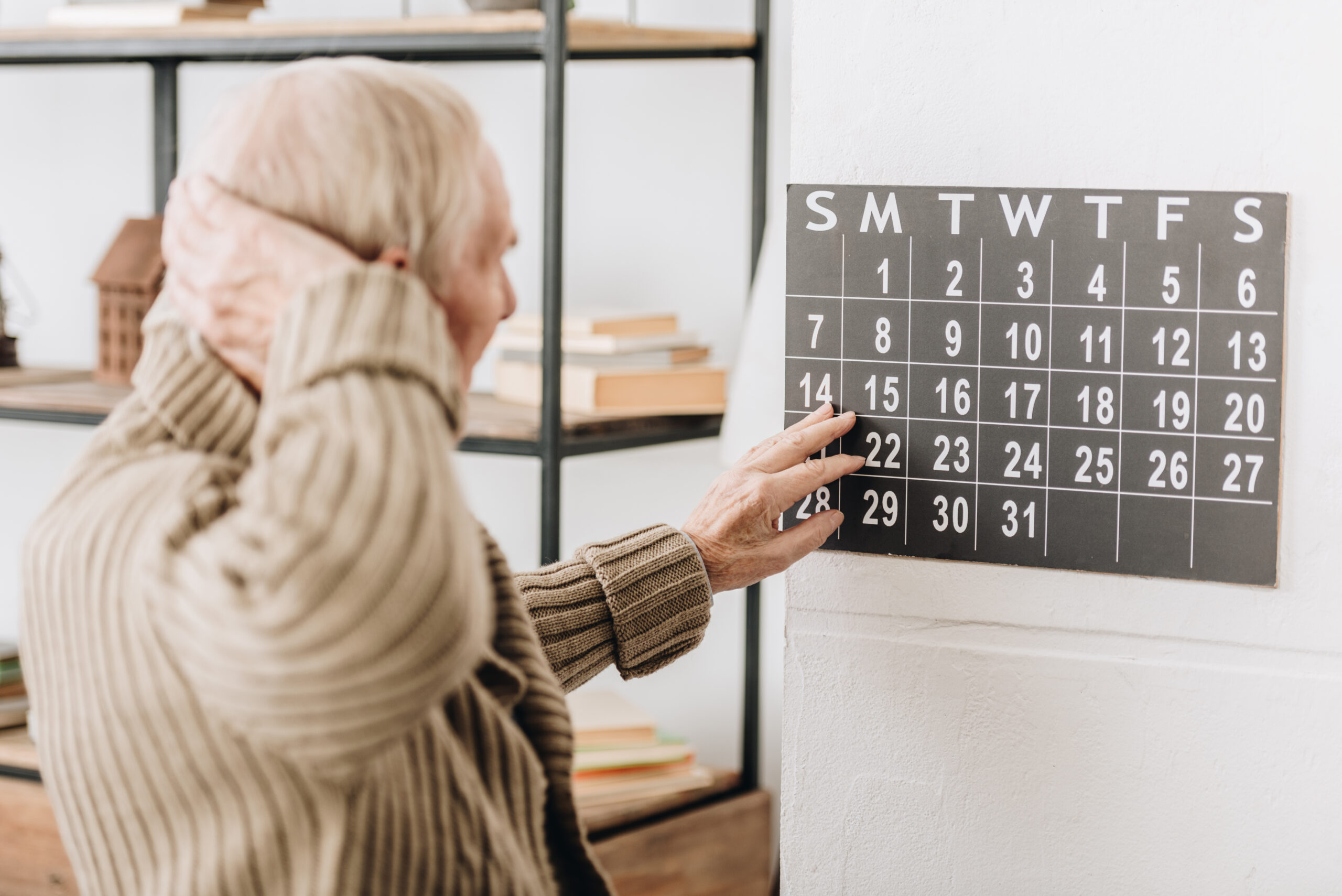How to Manage Social Media Use for Mental Health
Social media is everywhere these days, and it’s easy to get caught up in scrolling for hours. But too much time online can sometimes make us feel worse instead of better. Many young people and even adults notice that after spending a lot of time on social media, they feel more anxious, lonely, or down. The good news is there are simple ways to manage your social media use so it doesn’t take over your life or hurt your mental health.
First, try setting limits for yourself. Decide how much time you want to spend on social media each day and stick to it. You can use apps or phone settings that remind you when you’ve reached your limit. This helps prevent mindless scrolling and gives you more time for other activities that make you happy.
Next, pay attention to how social media makes you feel. If certain posts or accounts leave you feeling bad about yourself or jealous of others, consider unfollowing them or taking a break from those platforms altogether. Surround yourself with content that lifts you up instead of bringing you down.
It’s also important to remember that what people post online isn’t always real life—it’s often just the highlights reel. Comparing yourself to others on social media can lead to negative feelings about your own life and appearance.
Another helpful tip is to schedule regular breaks from screens throughout the day—maybe during meals or before bed—so your mind has a chance to rest and recharge without constant notifications.
Finally, talk openly with friends or family if social media starts affecting how you feel inside. Sometimes just sharing what’s going on can help lighten the load.
Managing social media doesn’t mean giving it up completely; it means using it in a way that works for your well-being rather than against it. By being mindful about when and why we use these platforms, we can enjoy staying connected while also protecting our mental health every day!





